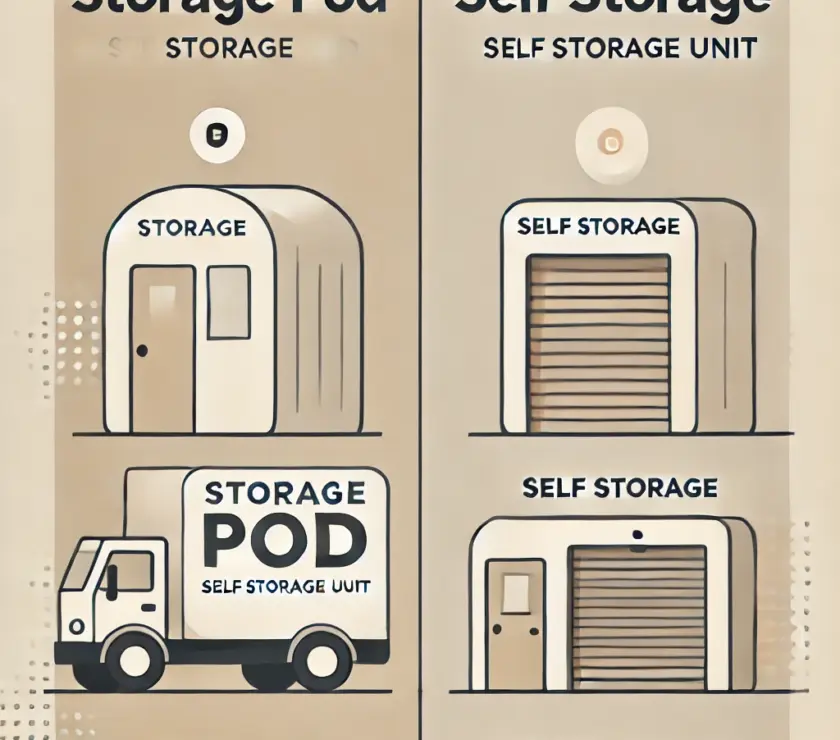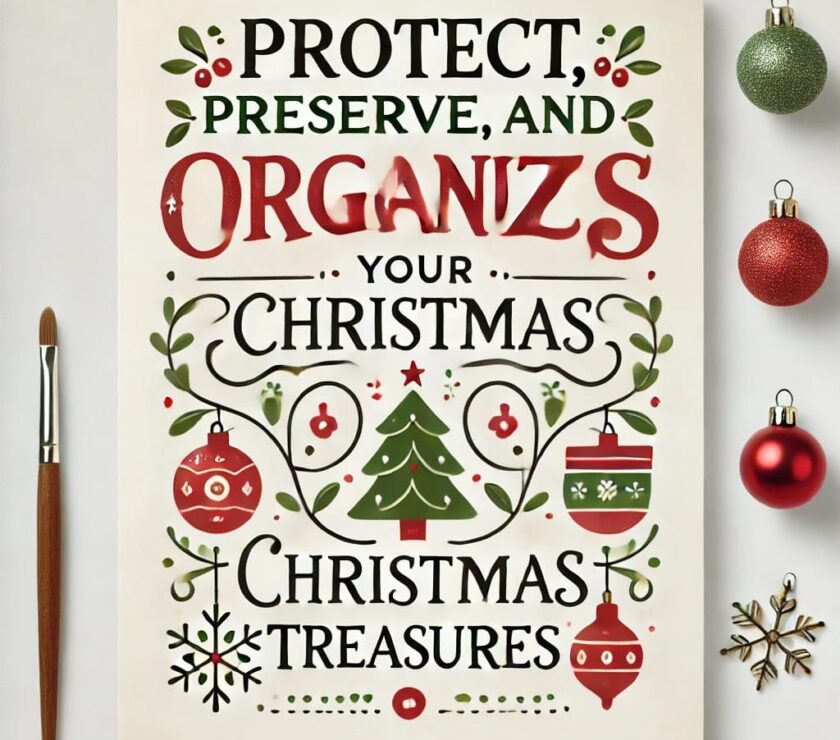Long-term storage solutions offered by self-storage facilities are increasingly popular among both individuals and companies. A self-storage unit is a great option for storing items that are out of use or needed only on rare occasions, such as during relocations or house downsizing. However, long-term self-storage comes with both advantages and disadvantages, like any other service. This blog explores the pros and cons to help you make an informed choice about whether long-term self-storage suits your needs.
Pros of Long-Term Self-Storage
Space Optimization
One of the primary benefits of long-term self-storage is space optimization. Over time, we tend to accumulate a lot of stuff—whether it’s out-of-season clothes, old furniture, or extra inventory. Keeping this excess in your home or office can lead to cluttered, crowded spaces. A self-storage unit provides a solution by offering a safe, designated area to store these items until they’re needed.
Security
Self-storage companies understand that it’s not easy to leave valuable belongings in someone else’s care. Most modern storage units feature top-notch security equipment, including CCTV, locked doors, alarm systems, and, in some cases, on-site security personnel. In many cases, your valuables may be safer in a storage facility than in your home, where they could be more vulnerable to theft, fire, or natural disasters.
Flexibility
Self-storage units offer a level of flexibility that traditional storage methods cannot. You can choose the size of the storage unit based on your needs, and many facilities allow you to upgrade or downgrade your unit if necessary. Long-term contracts may also come with discounts, making storage more affordable for extended periods.
Decluttering and Organization
For homeowners, long-term self-storage provides an opportunity to declutter living spaces without parting with items of sentimental or seasonal value. Family heirlooms, seasonal decorations, or other items that hold meaning but aren’t used daily can be stored safely in a self-storage unit. Additionally, having a well-organized storage space makes retrieving items easier when they’re needed.
Business Solutions
Businesses, especially small-scale or start-up enterprises, benefit significantly from self-storage solutions. Inventory, office supplies, equipment, and documents can all be stored securely, helping business owners avoid workspace clutter and save on the costs of renting larger office or warehouse spaces.
Climate-Controlled Units
Many storage facilities offer climate-controlled units, which are ideal for storing sensitive items like electronics, artwork, antiques, or furniture. These units maintain a stable temperature and humidity level, protecting belongings from extreme weather, mold, and mildew—critical for items stored long-term.
Convenience
Most storage facilities provide 24/7 access, allowing you to retrieve your belongings at any time. This can be especially beneficial for businesses that may need to access inventory outside of regular business hours or for individuals needing access to seasonal items.
Cons of Long-Term Self-Storage
Financial Cost Over Time
One of the significant drawbacks of long-term self-storage is the cost. Monthly rental fees, insurance, and additional services such as climate control can add up over time. For items that may never be used again, this expense can become a financial burden. In such cases, it might be more economical to sell, donate, or discard the items rather than store them indefinitely.
Inconvenience of Frequent Visits
Although many storage facilities offer 24-hour access, having your belongings stored off-site can be inconvenient if you need them frequently. A trip to the storage unit can be time-consuming, especially if the facility is located far from your home or office. For people who regularly need access to their stored items, this inconvenience can outweigh the benefits of extra space.
Potential for Damage
While most storage facilities offer a secure environment, items in long-term storage can still be susceptible to damage from moisture, dust, or pests. Without regular maintenance, belongings could deteriorate over time. Climate-controlled units can help minimize this risk, but they come at a higher cost, and not all items may be suitable for these types of units.
Out of Sight, Out of Mind
A common pitfall of long-term self-storage is the tendency to forget what’s been stored. Over time, you may lose track of the items in your unit, and some may become obsolete or unnecessary. Paying to store items you no longer need or want can result in wasted expenses, so it’s important to periodically evaluate whether the contents of your storage unit are still worth keeping.
Declining Value of Stored Items
Items stored for extended periods may lose value. Electronics, furniture, clothing, and other items can degrade, become outdated, or go out of style. If you plan to use or sell the items in the future, keep in mind that they may not retain their original value after years in storage.
Environmental Impact
Long-term self-storage can have a negative environmental impact. Energy consumption for climate control, lighting, and security systems can contribute to your carbon footprint. If sustainability is a priority, storing items long-term may not align with your values, although some facilities are working to improve their environmental practices.
Insurance Costs
Many self-storage facilities require or recommend insurance for the items stored in their units. While some homeowner’s or renter’s insurance policies cover items in storage, not all do. If you need to purchase additional insurance, this can add to the overall cost of long-term self-storage, especially for valuable belongings.
Conclusion
For those seeking additional space—whether for personal or business use—long-term self-storage offers a practical and secure solution. It helps with decluttering, keeping items organized, and freeing up room in your home or office. However, it’s essential to weigh the pros and cons before committing to long-term storage. Consider factors like the cost, potential for damage, and whether you truly need the items stored. Ultimately, the decision should be based on your individual circumstances and storage needs.







